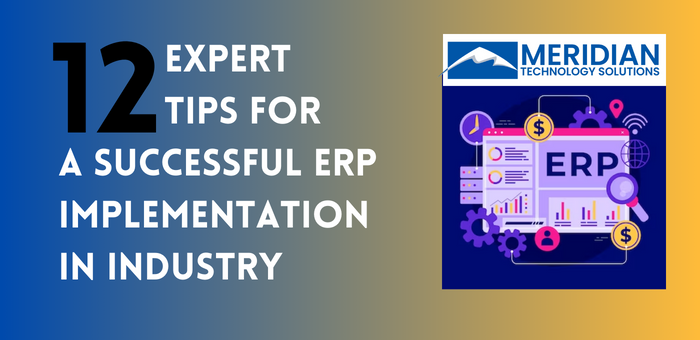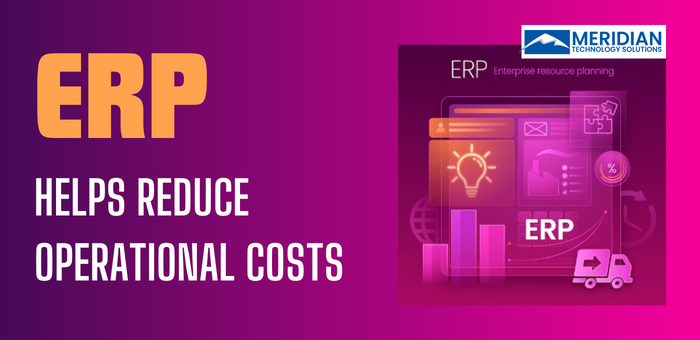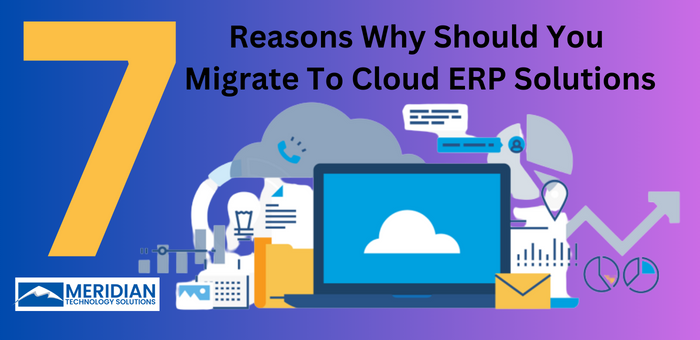12 Expert Tips for a Successful ERP Implementation in Industry
An Enterprise Resource Planning (ERP) implementation in your industry is challenging as well as rewarding. While implementing ERP to your existing business system, you integrate various aspects of your company’s functions, making it easier to manage processes, enhance productivity, and make informed decisions. All these things help in improving your business operations.
There are several benefits of implementing an ERP system to your business software system.
- Streamlined Processes: ERP software integrates various business functions and processes, reducing redundancy and enhancing efficiency. This streamlining leads to smoother operations and improved productivity.
- Data Accuracy: ERP systems provide a single source of truth for data, minimizing errors and ensuring data accuracy. This, in turn, supports better decision-making.
- Improved Visibility: ERP solutions offer real-time data access, allowing managers to monitor performance, track inventory levels, and make informed decisions promptly.
- Cost Reduction: By automating manual processes, optimizing resource allocation, and reducing the need for multiple software systems, ERP can lead to cost savings.
- Enhanced Collaboration: ERP facilitates communication and collaboration across departments and locations, promoting a more cohesive work environment.
- Customer Satisfaction: Better access to customer data and order histories enables organizations to provide more personalized and responsive customer service.
- Inventory Management: ERP systems help optimize inventory levels, reducing carrying costs while ensuring products are available when needed.
- Compliance & Reporting: ERP systems often include features to help organizations adhere to industry regulations and generate accurate financial reports.
- Scalability: As businesses grow, ERP systems can scale to accommodate increased data, users, and processes, making them suitable for both small and large enterprises.
- Data Security: The latest ERP systems typically include robust security measures. This helps protecting sensitive business data from unauthorized access and breaches.
- Strategic Insights: ERP analytics and reporting tools are available. This provides valuable insights into business performance and thus, helping executives make informed strategic decisions.
- Competitive Edge: ERP implementation can provide a competitive edge by enabling quicker response to market changes and enhancing overall agility.
The latest report suggests that the global ERP software market is expected to reach $78.4 billion by 2026. And, more than 50% of the businesses worldwide are planning to update their already implemented ERP system for better business efficiency and productivity.
However, to execute a successful ERP implementation, organizations must have a clear vision of new system requirements to create alignment throughout the organization. Choosing the right vendor and assigning an internal implementation team increases the chance of project success.
To help you navigate the process of ERP implementation, we have curated 12 expert tips that you can use and apply:
1. Define Your Objectives Clearly: Knowing your business objectives is significant before you start implementing an ERP system. This will help you streamline your inventory management, enhance customer service, or optimize your production processes. If you have specific goals while implementing ERP systems to your business, you can pinpoint the inflection point of your company and support the entire business operation process.
2. Involve Key Stakeholders Without Delay: Engaging key stakeholders from different departments at the beginning of the implementation process is essential. Their insights are invaluable for understanding each department’s unique needs and ensuring that the ERP system aligns with your business requirements. This collaborative approach promotes buy-in and cooperation throughout the implementation.
3. Select the Right ERP Solution: Selecting the right ERP system is a critical decision. Consider factors like scalability, industry-specific features, and ease of use. Conduct thorough research, review vendor references, and explore demos to make an informed decision. Keep in mind that the best ERP system is the one that meets your specific needs.
4. Plan Your Implementation Thoroughly: Successful ERP implementation requires meticulous planning. Create a detailed project plan that outlines tasks, timelines, and responsibilities. Anticipate potential challenges and devise contingency plans. A well-structured plan minimizes disruptions and helps you stay on track.
5. Allocate Adequate Resources: ERP implementation demands various resources, including time, money, and personnel. Ensure that you allocate sufficient resources to avoid delays and budget overruns. Adequate training for employees is equally important to maximize system utilization.
6. Data Cleansing & Migration is Required: Your ERP system will rely on accurate and clean data. Before implementation, cleanse and migrate your existing data to the new system. This process ensures data integrity and minimizes errors during operation.
7. Focus on Customization & Standardization: While ERP systems offer customization options, it’s essential to strike a balance between customization and standardization. Customization can add complexity and cost, so evaluate whether the standard features meet your needs before making modifications.
8. Robust Change Management Strategy is Significant: ERP implementation often brings significant changes to workflows and processes. Implement a robust change management strategy to help employees adapt. Effective communication, training, and continuous support are key components of successful change management.
9. Quality Assurance & Testing: Testing is a critical phase of ERP implementation. Regularly test the system to identify and address any issues promptly. Quality assurance ensures that the ERP system functions as intended, reducing the risk of disruptions.
10. Plan Your Go-Live Strategy Carefully: Planning your go-live strategy is a crucial step. Consider a phased approach where you implement the system incrementally in different departments or locations. This approach reduces the risk of system-wide failures and allows for fine-tuning based on user feedback.
11. Embrace Continuous Improvement: ERP implementation is not a one-time project but an ongoing journey. Continuously monitor and evaluate system performance. Gather feedback from users and implement improvements and updates as needed to keep your ERP system aligned with your evolving business needs.
12. Prioritize Security and Compliance: Protecting your ERP system and data is of utmost importance. Implement robust security measures to safeguard your system from threats. Stay compliant with industry regulations and data protection laws. Regularly update security protocols to stay ahead of emerging threats.
To Sum Up
Successfully implementing an ERP system in your industry is a substantial undertaking that can yield significant benefits.
By setting clear objectives, involving key stakeholders, selecting the right ERP solution, and following the above expert tips, you can navigate the complexities of ERP implementation and enjoy the advantages of a streamlined, efficient, and data-driven business operation.
Remember, ERP implementation is not just about technology; it’s about transforming your business for the better.
For successfully implementing ERP to your business system, you should trust a leading IT business such as Meridian Technology Solutions.
To know more, get in touch.



